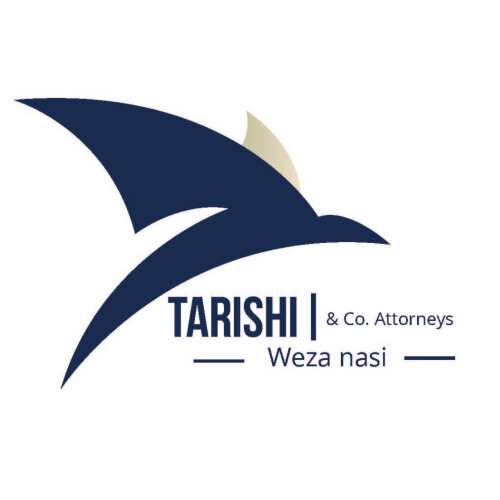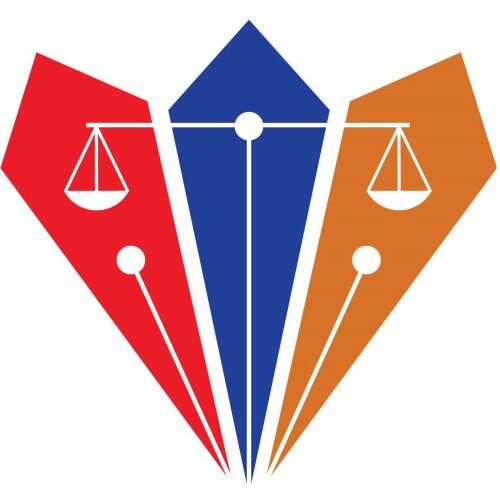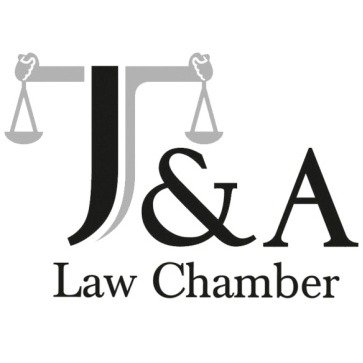Best Nonprofit & Charitable Organizations Lawyers in Dar es Salaam
Share your needs with us, get contacted by law firms.
Free. Takes 2 min.
List of the best lawyers in Dar es Salaam, Tanzania
About Nonprofit & Charitable Organizations Law in Dar es Salaam, Tanzania
Nonprofit and charitable organizations in Dar es Salaam, Tanzania, play a vital role in fostering development, alleviating poverty, and promoting social welfare in the region. These organizations are established to serve public or community benefits rather than for personal profit. This sector is governed by a range of legal frameworks that guide formation, registration, and management, ensuring that organizations operate with transparency, accountability, and in compliance with their stated purpose.
Why You May Need a Lawyer
Legal support is often crucial for nonprofit and charitable organizations to navigate the complexities of compliance, governance, and operations. Situations where legal advice may be required include:
- Understanding the process for establishing a nonprofit or charitable organization, including drafting and filing the necessary documentation.
- Ensuring compliance with local laws and regulations governing nonprofit activities, including tax obligations and reporting requirements.
- Resolving disputes within the organization or with external entities, such as donors or beneficiaries.
- Drafting and reviewing contracts related to funding, partnerships, or procurement.
- Navigating employment law as it pertains to hiring staff or engaging volunteers.
- Managing intellectual property issues related to branding or developing proprietary programs.
Local Laws Overview
The legal landscape in Dar es Salaam for nonprofits and charitable organizations is governed by several key legislative acts, including the Non-Governmental Organizations Act, the Societies Act, and specific tax laws. Notably:
- Non-Governmental Organizations Act: This act requires the registration of NGOs and provides the framework for their operation, ensuring transparency and accountability.
- Societies Act: Applicable to charities that choose to register as societies, mandating registration and compliance with established rules.
- Tax Regulations: Nonprofit organizations must comply with taxation laws, although they may apply for tax-exempt status where applicable.
Frequently Asked Questions
What is the process for registering a nonprofit organization in Dar es Salaam?
To register, you must submit an application to the Registrar of Non-Governmental Organizations, including your organization's constitution, objectives, and details of the founders.
Do nonprofit organizations in Dar es Salaam need to pay taxes?
Nonprofits may be eligible for tax exemptions, but they need to apply separately for such status. Complying with tax filing requirements is necessary even if exempted.
How are board members of nonprofits regulated?
Board members must adhere to standards of good governance, conflict of interest policies, and fiduciary responsibilities as outlined in their governing documents and relevant laws.
What financial practices must a nonprofit follow?
Nonprofits are required to maintain accurate financial records, provide annual reports to regulatory bodies, and undergo audits as specified by law.
Can a nonprofit organization engage in lobbying or political activities?
Nonprofits in Tanzania are generally expected to be apolitical; engaging in political campaigns can risk losing their registration status.
How do NGOs differ from community-based organizations in Dar es Salaam?
While both types operate for social welfare, NGOs tend to have a broader reach and formalized structure compared to the local, grassroots focus of community-based organizations.
What is the role of the government in regulating charities?
The government provides oversight through registration requirements, regular inspections, and monitoring compliance with applicable laws.
How can a nonprofit protect its intellectual property?
Nonprofits can register trademarks, copyrights, and patents relevant to their brand and innovations, ensuring legal protection against unauthorized use.
How are disputes within a nonprofit typically resolved?
Disputes are ideally resolved internally through mediation or arbitration, adhering to the nonprofit's governing documents before seeking legal action.
What should be included in a nonprofit's constitution?
The constitution should outline the organization's purpose, governance structure, membership criteria, decision-making processes, and dissolution procedures.
Additional Resources
For more information and support, consider these resources:
- The Tanzanian Ministry of Community Development, Gender, and Children: Provides insights into regulations and support for social organizations.
- The Registrar of Non-Governmental Organizations: Offers guidelines for registration and compliance.
- Local Bar Associations: Can provide referrals to legal experts specializing in nonprofit law.
- National Board of Accountants and Auditors: Offers resources on maintaining financial compliance.
Next Steps
If you require legal assistance with your nonprofit or charitable organization, consider the following steps:
- Consult with a lawyer who specializes in nonprofit law to guide you through the legal and regulatory landscape.
- Gather all relevant documents, such as your organization's records, constitution, and correspondence with regulatory bodies, before meeting with legal counsel.
- Consider attending workshops or seminars on nonprofit management to enhance your understanding and compliance with local laws.
Lawzana helps you find the best lawyers and law firms in Dar es Salaam through a curated and pre-screened list of qualified legal professionals. Our platform offers rankings and detailed profiles of attorneys and law firms, allowing you to compare based on practice areas, including Nonprofit & Charitable Organizations, experience, and client feedback.
Each profile includes a description of the firm's areas of practice, client reviews, team members and partners, year of establishment, spoken languages, office locations, contact information, social media presence, and any published articles or resources. Most firms on our platform speak English and are experienced in both local and international legal matters.
Get a quote from top-rated law firms in Dar es Salaam, Tanzania — quickly, securely, and without unnecessary hassle.
Disclaimer:
The information provided on this page is for general informational purposes only and does not constitute legal advice. While we strive to ensure the accuracy and relevance of the content, legal information may change over time, and interpretations of the law can vary. You should always consult with a qualified legal professional for advice specific to your situation.
We disclaim all liability for actions taken or not taken based on the content of this page. If you believe any information is incorrect or outdated, please contact us, and we will review and update it where appropriate.
















